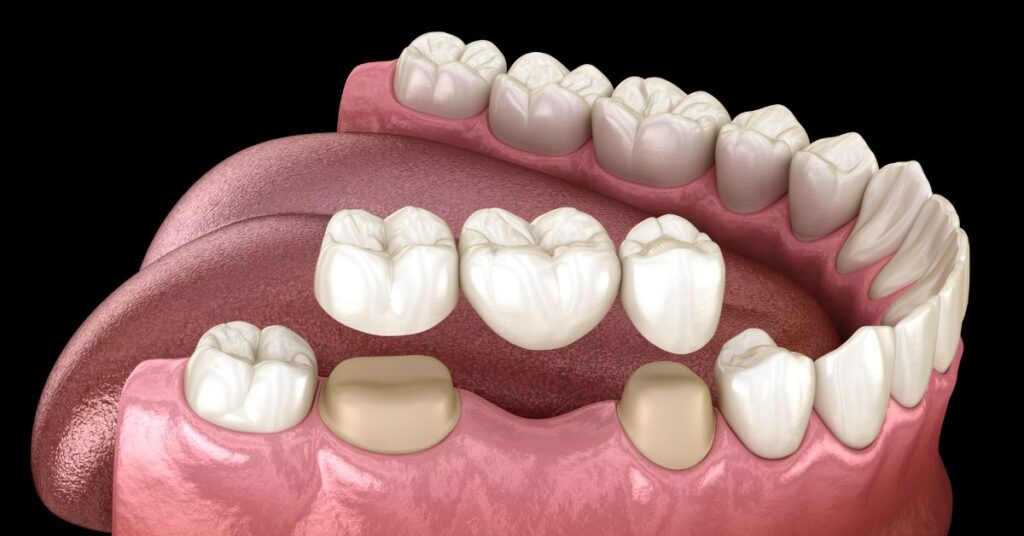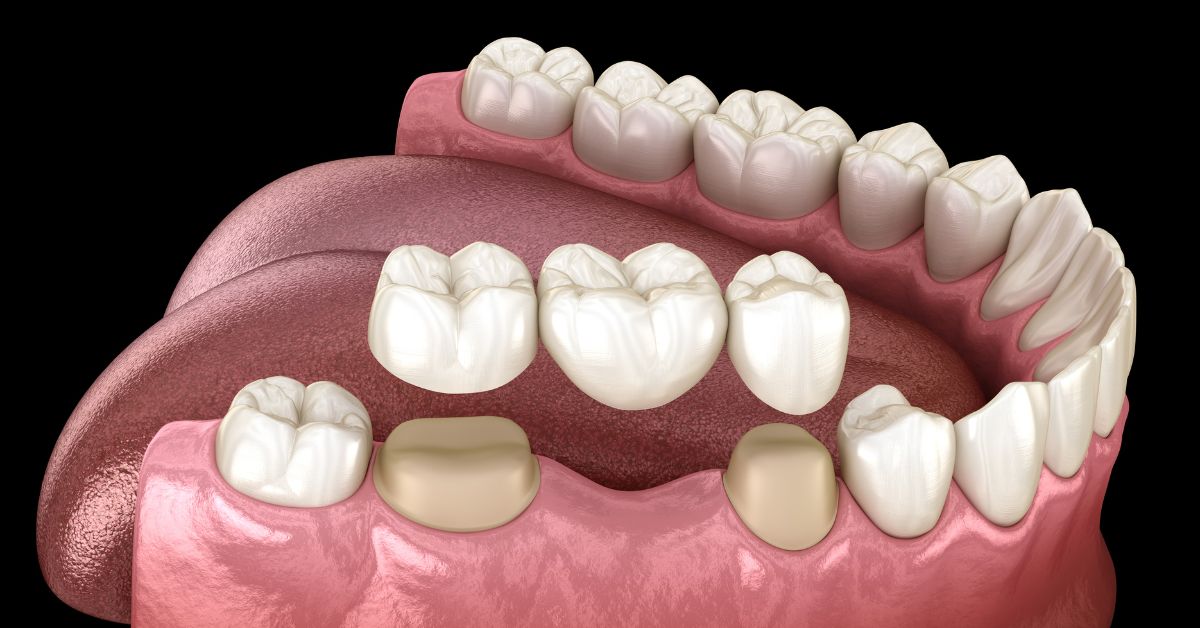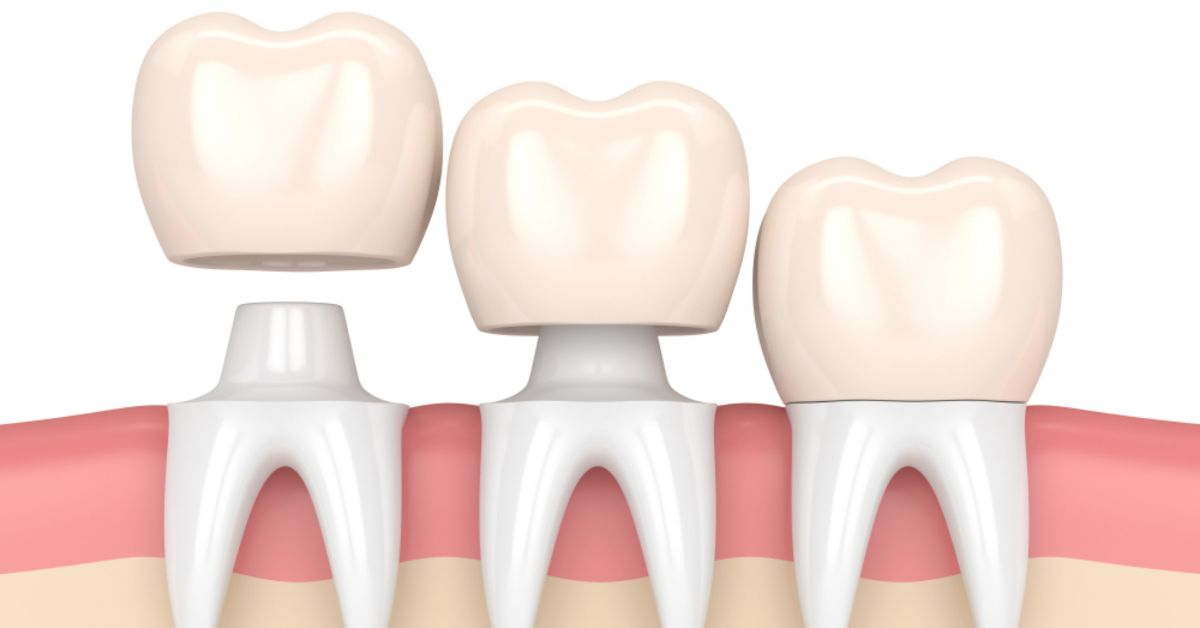Dental bridges are used to help fill in the gap between teeth. A dental bridge involves using a crown on two teeth, while placing an artificial tooth in between to fill in the gap. What’s great about dental bridges is that it still utilizes the normal teeth in your mouth to help give stability and structure to the artificial tooth that is placed. The fake tooth can also be made of a wide variety of different materials ranging from gold to even porcelain. The dental bridge is therefore incredibly sturdy and is the perfect way to restore a beautiful, radiant smile. Dental bridges can also help improve the ability to chew and eat foods properly, and help prevent remaining teeth from becoming misaligned over time.

How Long Do Dental Bridges Last?
What’s great about dental bridges is that they have an incredibly long lifespan, with most dental bridges lasting as long as 15 years. However, it’s important to maintain proper oral hygiene to really ensure your bridge can last as long as possible.
This means brushing twice a day with a fluoride containing toothpaste, flossing regularly, using mouthwash as directed, attending regularly scheduled dental appointments, and avoiding extremely hard foods are all things that can help your dental bridge stay strong. Neglecting to do these things can of course shorten the lifespan of your bridge, and may even cause damage that could require sooner replacement.
Is A Dental Bridge Procedure Painful?
If you’re considering getting a dental bridge or were recommended one by a dental professional, you may be wondering if the procedure itself is painful. Fortunately with modern pain medications and numbing agents, the procedure is relatively straight forward and with little pain. Of course, factors such as individual pain tolerance and the overall health of the mouth will play a factor in how uncomfortable you may feel during and after the procedure. However, most patients tolerate the procedure well and feel very little to no pain.
In addition, the weeks after a dental bridge is placed may also feel a bit strange as you get more comfortable with having the bridge. This may mean you noticing yourself chewing foods differently, enunciating words differently, and perhaps even having a bit of sensitivity around the site of the bridge. However, all these things get better over time so long as you continue to care for your teeth properly.
Of course if you notice that you’re having pain and sensitivity that isn’t resolving even after weeks, its best to call your dental professional to get an evaluation. It’s also important to continue to practice good oral hygiene after the bridge has been placed to prevent any issues down the road. For more information please contact our dentists in Mansfield MA at Royal Dental Care, 287 School St, Suite 120 Mansfield, MA 02048, (508) 938-9055.



